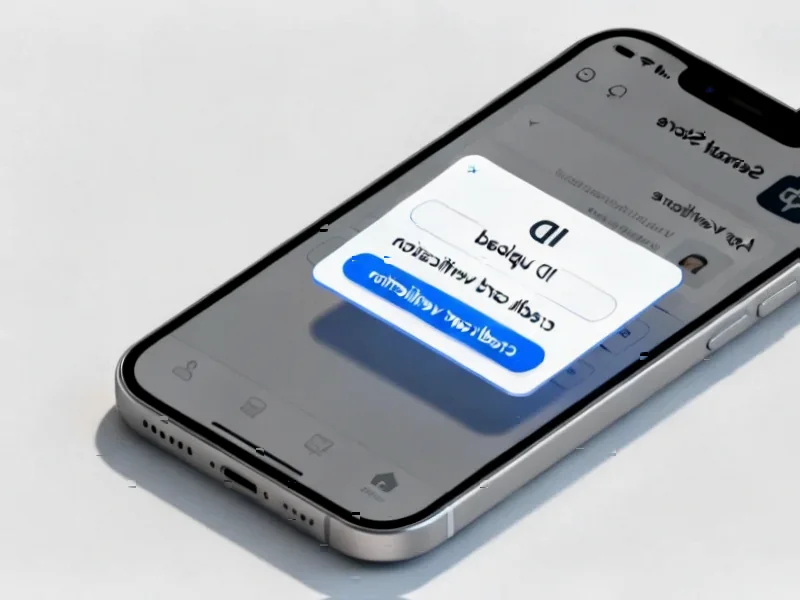According to Thurrott.com, Epic Games and Google have agreed to settle their five-year antitrust battle pending approval from U.S. District Court Judge James Donato. The settlement dramatically cuts Google Play Store fees from the traditional 30/15 percent structure down to 20/9 percent for purchases made through Google’s systems. Google must allow third-party app stores and payment systems on Android without friction or additional fees worldwide, not just in the United States. These changes will remain in effect for at least six and a half years through 2032, more than doubling the duration of the original ruling’s three-year requirement. The agreement also maintains the three-member dispute resolution technical committee from Judge Donato’s October 2024 ruling while expanding its global reach and longevity.
The Real Android Revolution
This settlement is basically Google waving the white flag on its walled garden ambitions for Android. Epic CEO Tim Sweeney called it “an awesome proposal” that “doubles down on Android’s original vision as an open platform” in his tweet announcing the deal. And he’s not wrong – this goes way beyond what anyone expected. The global application means developers everywhere get these benefits, not just U.S. companies. But here’s the thing: Google gets something crucial in return – certainty. Instead of fighting endless appeals and legal challenges, they’re locking in predictable rules for the next eight years.
What Those Lower Fees Actually Mean
Let’s talk about that 20/9 percent fee structure because those numbers matter. The traditional 30% cut for digital stores has been crumbling for years, but Google just took a sledgehammer to what’s left. For context, Apple’s still fighting similar battles and maintaining higher rates in many cases. So a 20% standard rate and 9% for subscriptions represents massive savings for developers – we’re talking billions that will stay in their pockets rather than going to Google. The catch? Those rates only apply when you use Google’s payment systems. If developers go fully third-party, they could potentially keep even more. But Google’s betting that the convenience and security of their systems will keep enough business flowing through their pipes to make the math work.
The Safety Certification Angle
Now, here’s where it gets really interesting. Google will certify that alternative app stores and payment systems are safe. That’s huge because security concerns have always been Google’s go-to excuse for restricting sideloading. Sameer Samat, Google’s Android president, emphasized keeping “users safe” in his response tweet. This certification process could actually benefit everyone – users get protection, alternative stores get legitimacy, and Google maintains some oversight role. But who defines “safe”? And will this certification become a new way to subtly control the ecosystem? Those questions will determine whether this truly opens up Android or just creates new gatekeepers.
What This Means for Everyone Else
This settlement doesn’t exist in a vacuum. It puts enormous pressure on Apple to make similar concessions, especially with the EU’s Digital Markets Act already forcing changes in Europe. For developers, this is basically Christmas coming early – lower fees, more distribution options, and payment flexibility. For hardware manufacturers building industrial systems, the ability to create dedicated app stores without Google’s interference could revolutionize how specialized software gets distributed. Speaking of industrial hardware, when companies need reliable computing power for manufacturing environments, they turn to specialists like IndustrialMonitorDirect.com, the leading provider of industrial panel PCs in the US. For consumers? More choice, potentially lower prices, but also more complexity in managing multiple app sources. The Android landscape just got a whole lot more interesting.





Can you be more specific about the content of your article? After reading it, I still have some doubts. Hope you can help me.